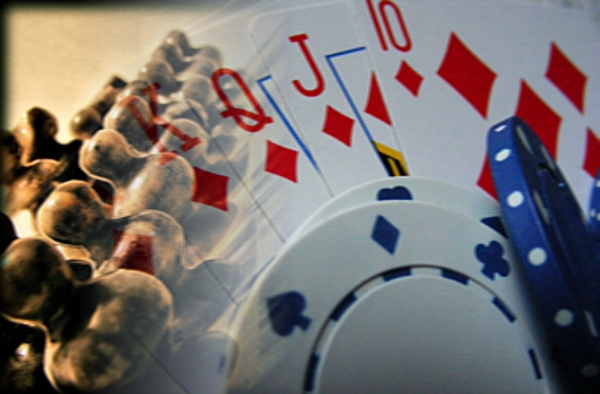If you’re going to “bet on yourself” these days — and you definitely should be if you want to excel as a poker player — you’re going to need to tackle psychology. However, a lot of poker newbies skip right over psychology and go into card theory. In our opinion, we feel that this is a grave mistake that you definitely don’t want to keep repeating. If you don’t understand the psychology of the game, you really won’t rise higher and higher like the pros do. The professional poker players know that psychology is just as important as knowing when to fold, knowing when to raise, and knowing when to go all in in the case of No Limit Texas Hold ‘Em. You don’t want to skip over psychology because you’re dealing with a gambling sport of people, not machines. Machines are the only systems that run purely off logical. Humans are emotional, and that’s good for you.
Why? It’s simple — the more you understand about someone’s character, the more that you can actually manipulate them. This means that you will be able to really dig into how they think and what they’re all about. And we think that there’s truly nothing in the world better than really getting into the way someone thinks. Of course, you could always continue what you’ve always done. But let’s be honest with each other — what you’re doing right now probably isn’t putting a whole lot profit in your hands. If that’s really the case, then you truly owe yourself a chance to get back into the psychology of the game.
One of the biggest things in psychology is that you need to learn how to quickly establish a player’s image. On the tables, this means you need to be watching how they play. Do they fold a lot of hands? This could mean a new player that’s too nervous to take risks. That’s something that’s ripe for exploitation — you can probably bluff them hard and they’ll fold because they don’t want to risk being wrong. On the other hand, you will need to also watch out for super aggressive players. Dealing with bullies is just par for the course, but you need to make sure that you don’t get too terribly sucked in.
What about an exit strategy? Sure, everyone wants to play to the very end, but you need to know yourself enough to know when to actually pack up and leave before you lose your whole stack — and any chance of getting back in the games at a later time. If you’re playing at an open table and not a tournament, being able to set limits is going to become very, very, important.
Overall, you have to get into the psychology of the game in order to keep moving forward — why not check it out for yourself today? The tables are waiting for you!
